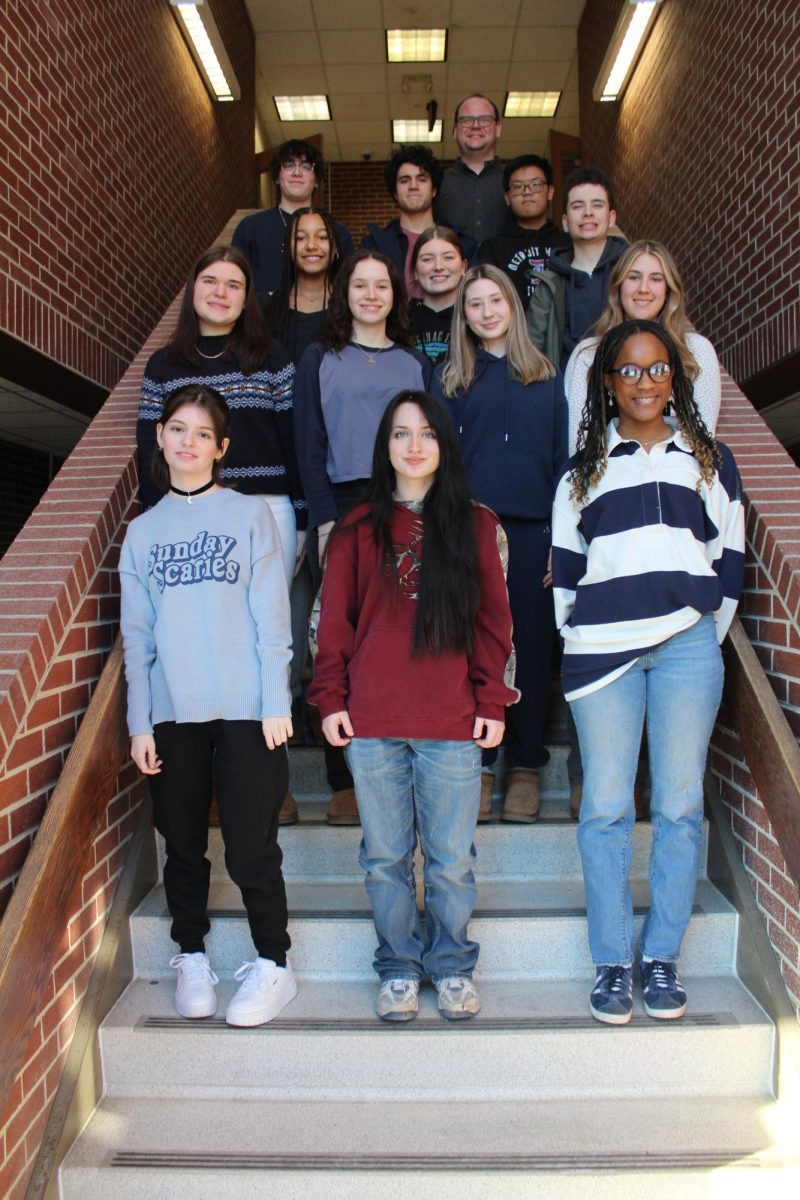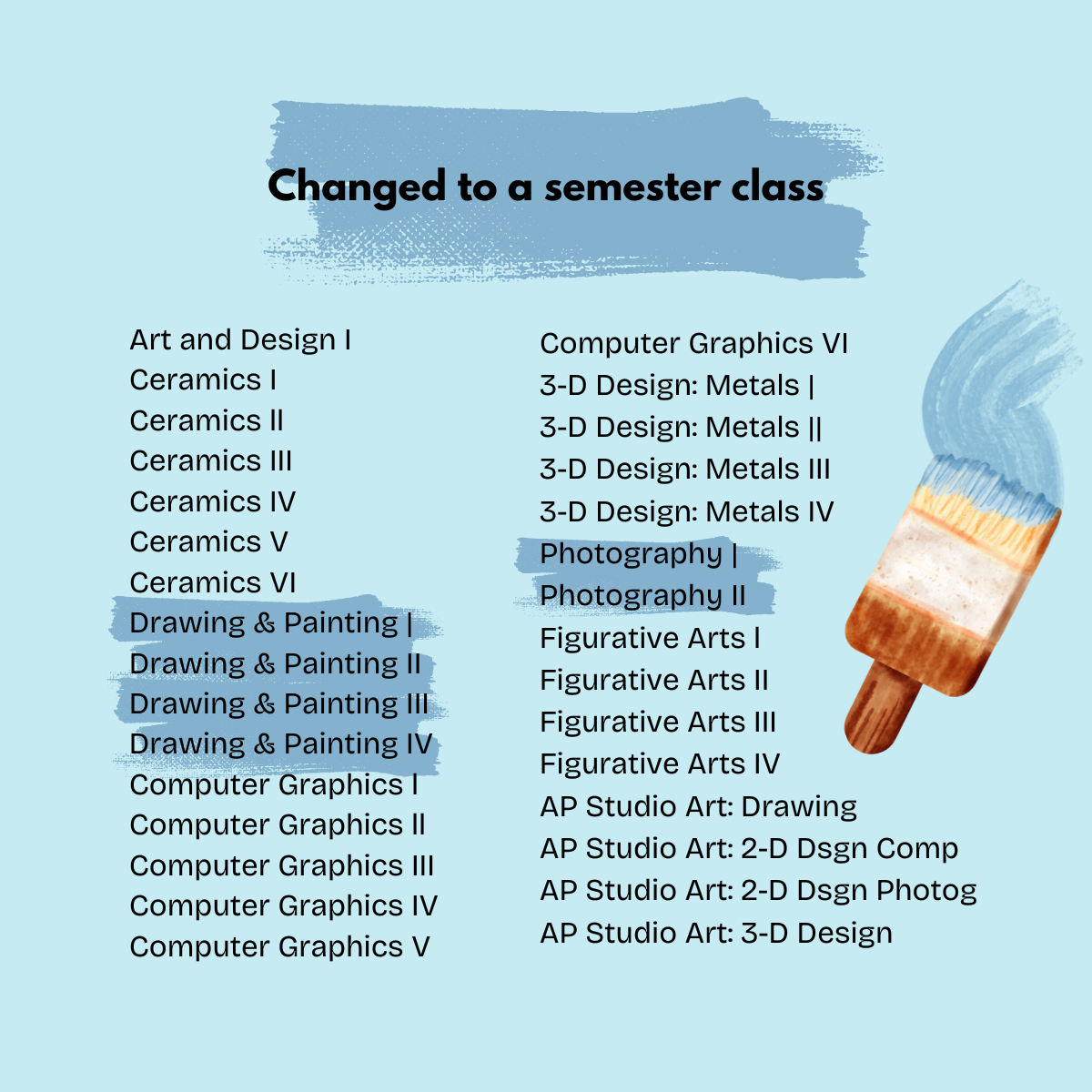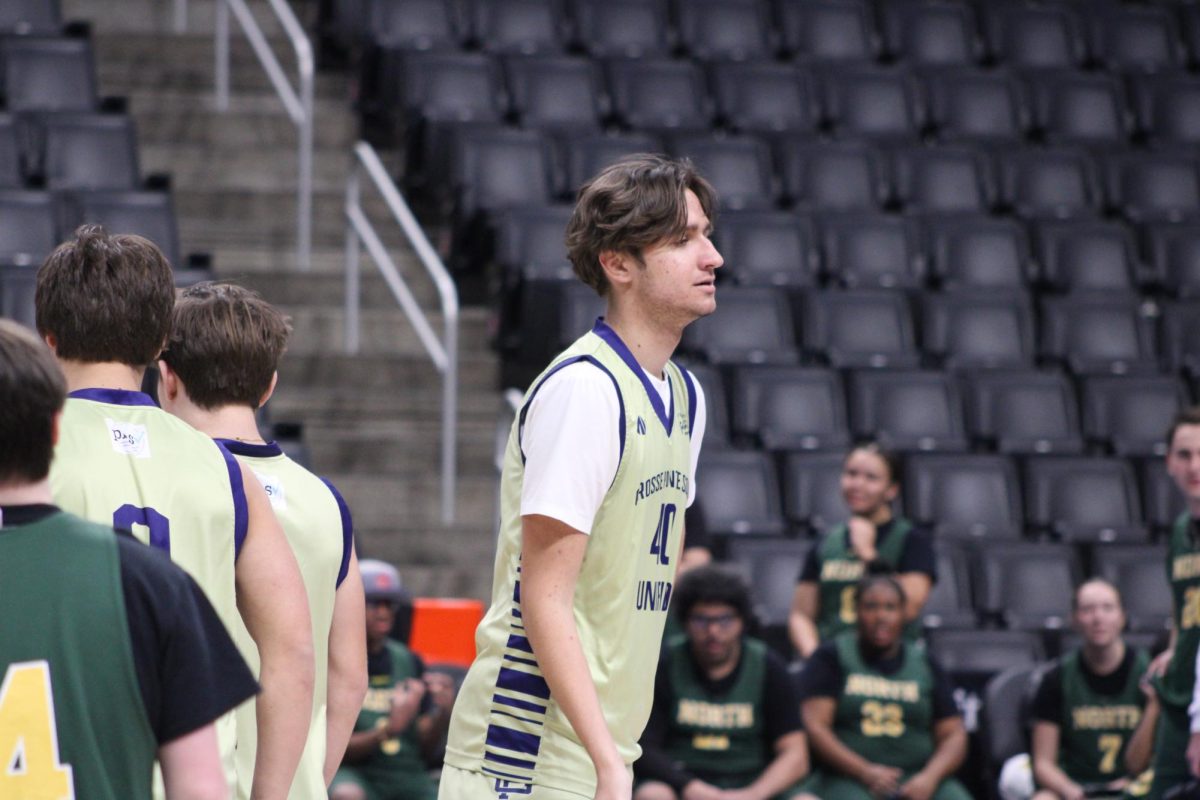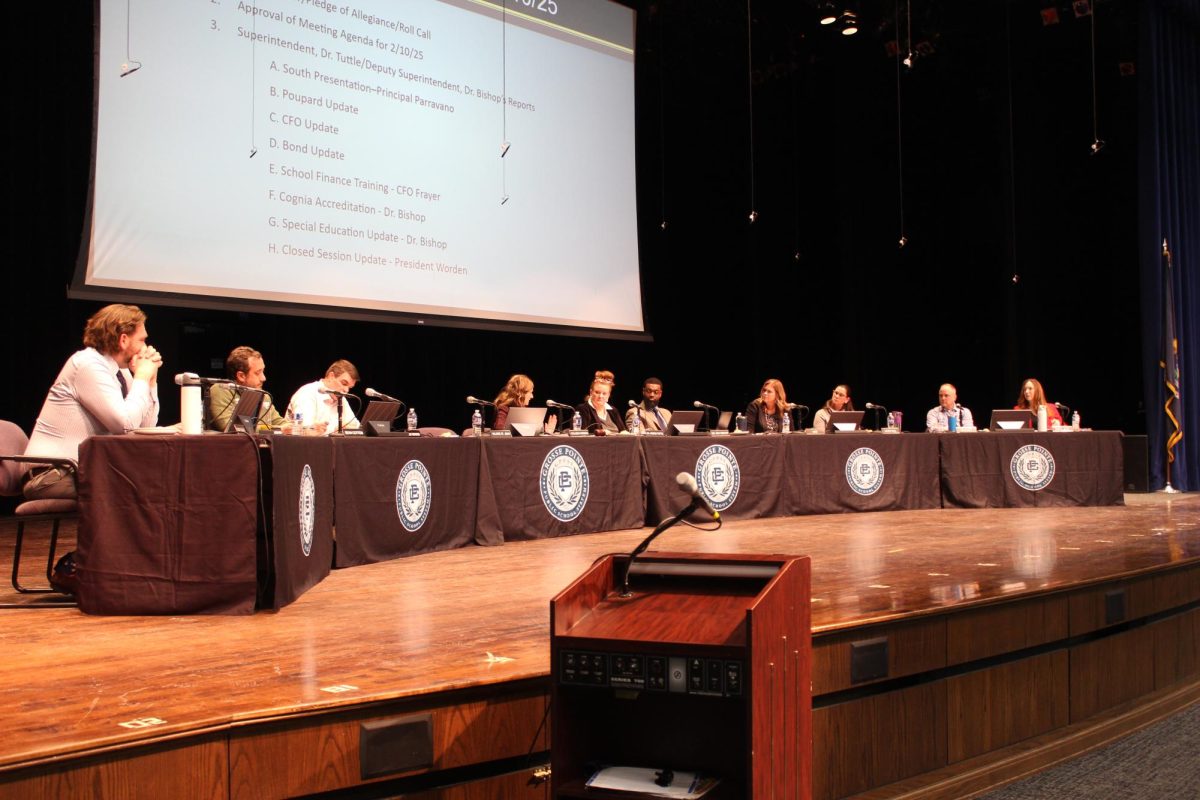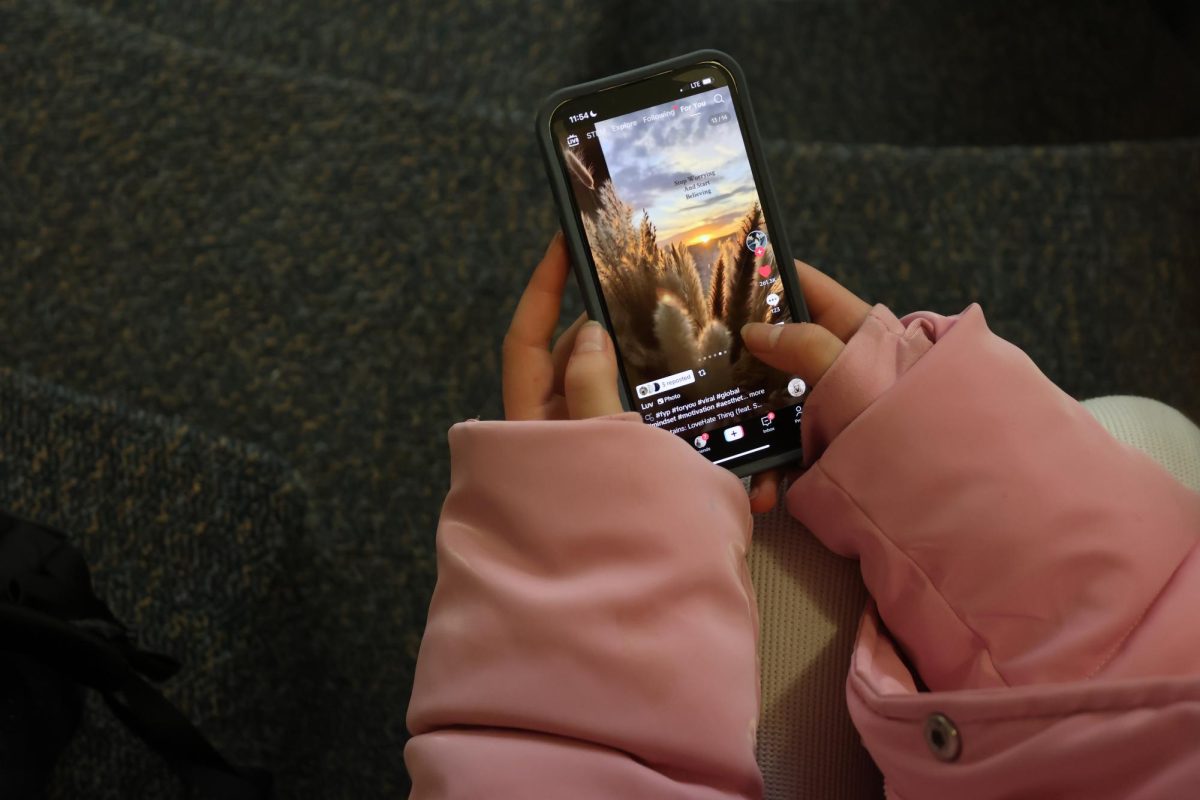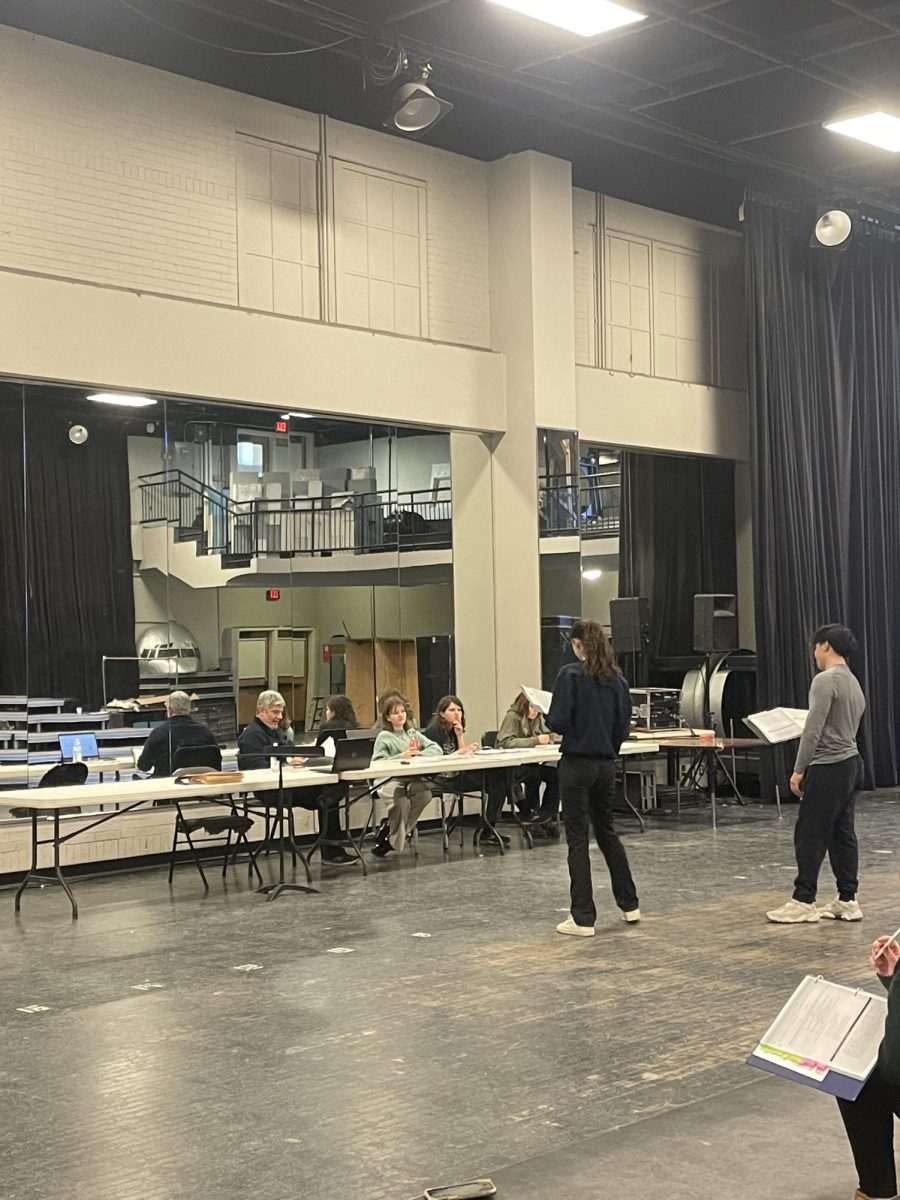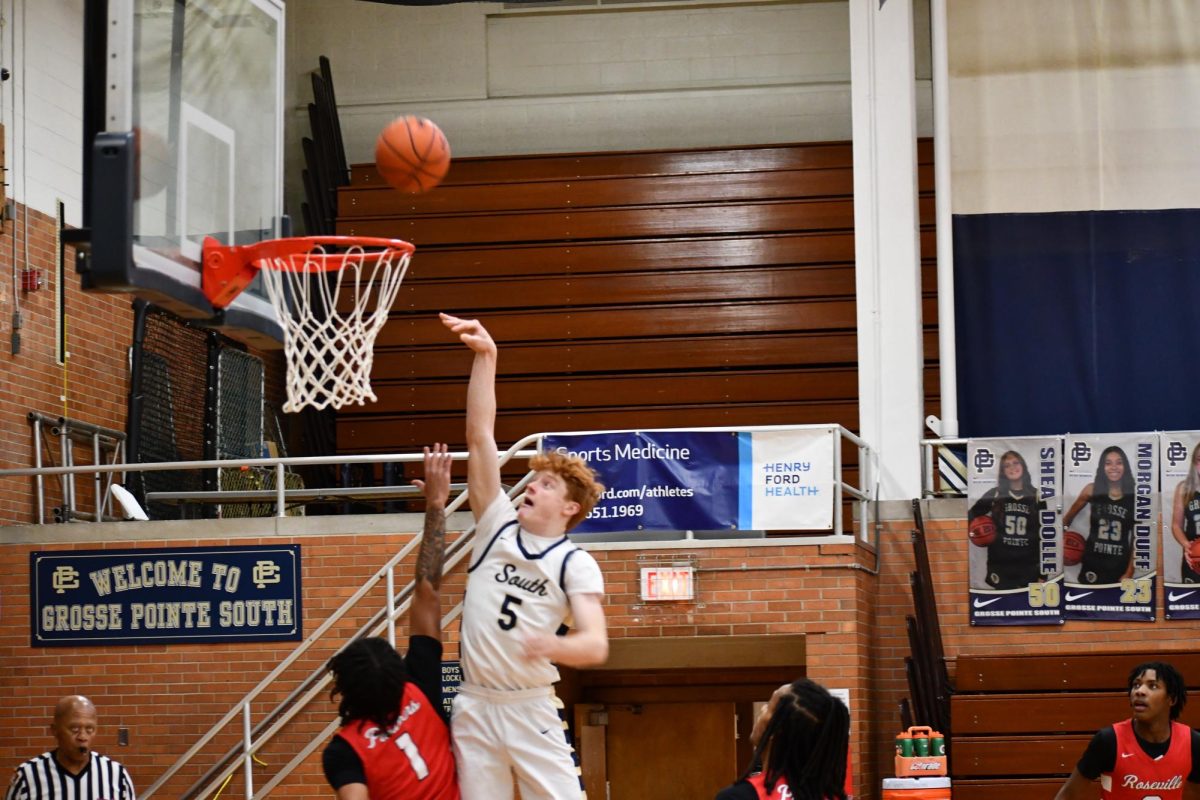Life after high school is a time of independence. Yet with this freedom, students will have to be completely dependent on their own abilities. Many students choosing to attend college will have to face student loans. College students incur massive debt from student loans that cannot be discharged; therefore, the financial literacy of high school students is increasingly imperative. Students looking to start early preparation are now faced with a new challenge this year: the absence of a finance/business teacher at South. Although lacking specific courses provided in previous years, South does offer some alternative opportunities for the business-minded.
Through Michigan Virtual (MV), students can select classes that are not offered in person at their school. Jack Horrocks ’24, enrolled in Accounting A through MV, said he quickly adapted to the website’s format, but it cannot replace having a real teacher.
“Learning from a teacher in an in-person class would be more helpful, as face-to-face learning is a lot more beneficial than through a screen and through emails,” Horrocks said. “I value (financial literacy) because I plan on becoming a business major in college and accounting is one of the minors of an MBA, which really helps with preparing for college.”
Many students may choose to learn on their own. South alumnus and Associate Wealth Advisor for the SageView Advisory Group Brett Bollaert said that having an understanding of financial basics—saving, spending and investing—are essential for students to learn.
“It’s important for young people to understand the advantage they are at when it comes to investing,” Bollaert said. “Their greatest advantage when it comes to investing is time. The power of time and compounding returns gives young people a massive advantage if they stay disciplined.”
Another resource available to students are business based clubs. DECA is an organization that allows students to examine and practice aspects of the business world. DECA advisor Geroge Formicla explains the competition process, where students are presented with a scenario that may include financial components.
“We look at different options and ideas on how to make resolutions (to a scenario), depending on what the situation is in that particular field,” Formicula said. “If it requires looking at certain budgets, we practice and build up to being able to present. (We do this) until we truly know how the budget needs to be adjusted to get a desired outcome.”Students can learn to be financially aware relatively easily. Reading books on finances, watching videos from certified financial planners and using apps made for tracking financial decisions, like Mint and Rocket Money, are all reliable resources students can use.
“Being financially literate is a lifestyle,” Bollaert said. “The decisions you make when it comes to saving, borrowing, and investing all play into this. When you develop habits and abilities that enable you to soundly navigate these decisions, you are becoming a financially literate individual and are on the path to financial freedom that will give you far more flexibility in the future, and in how you live your life.”

